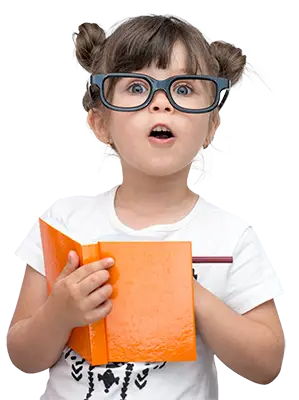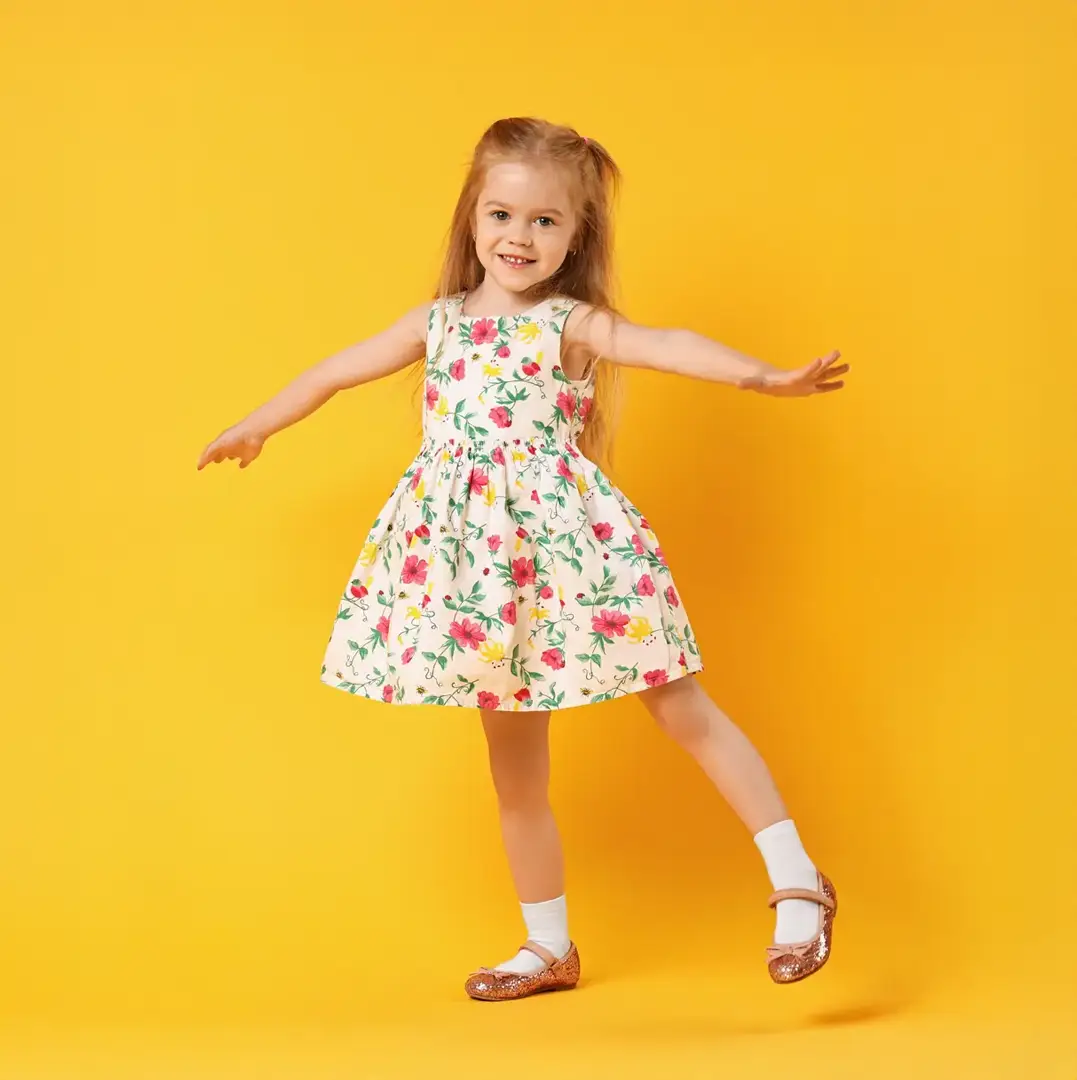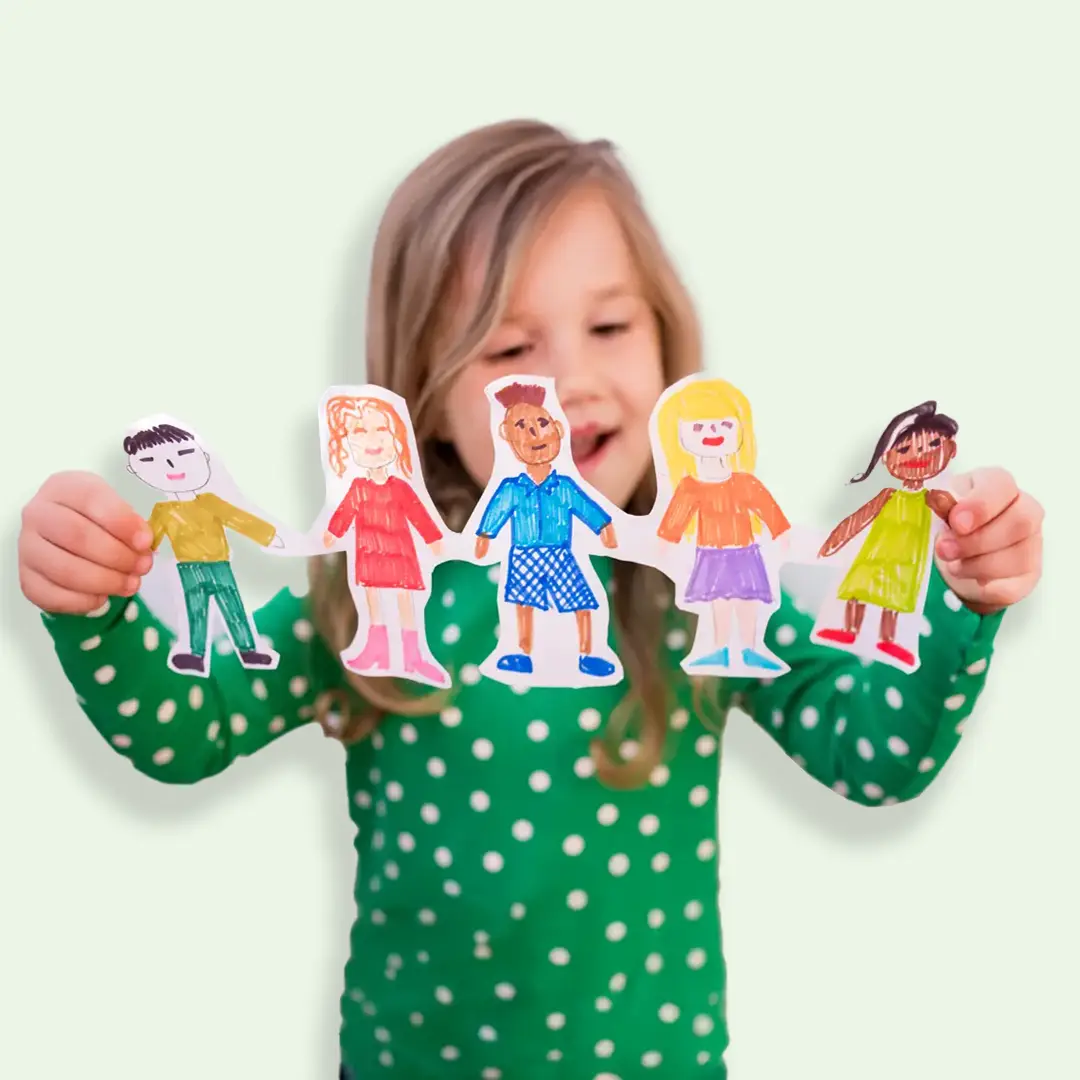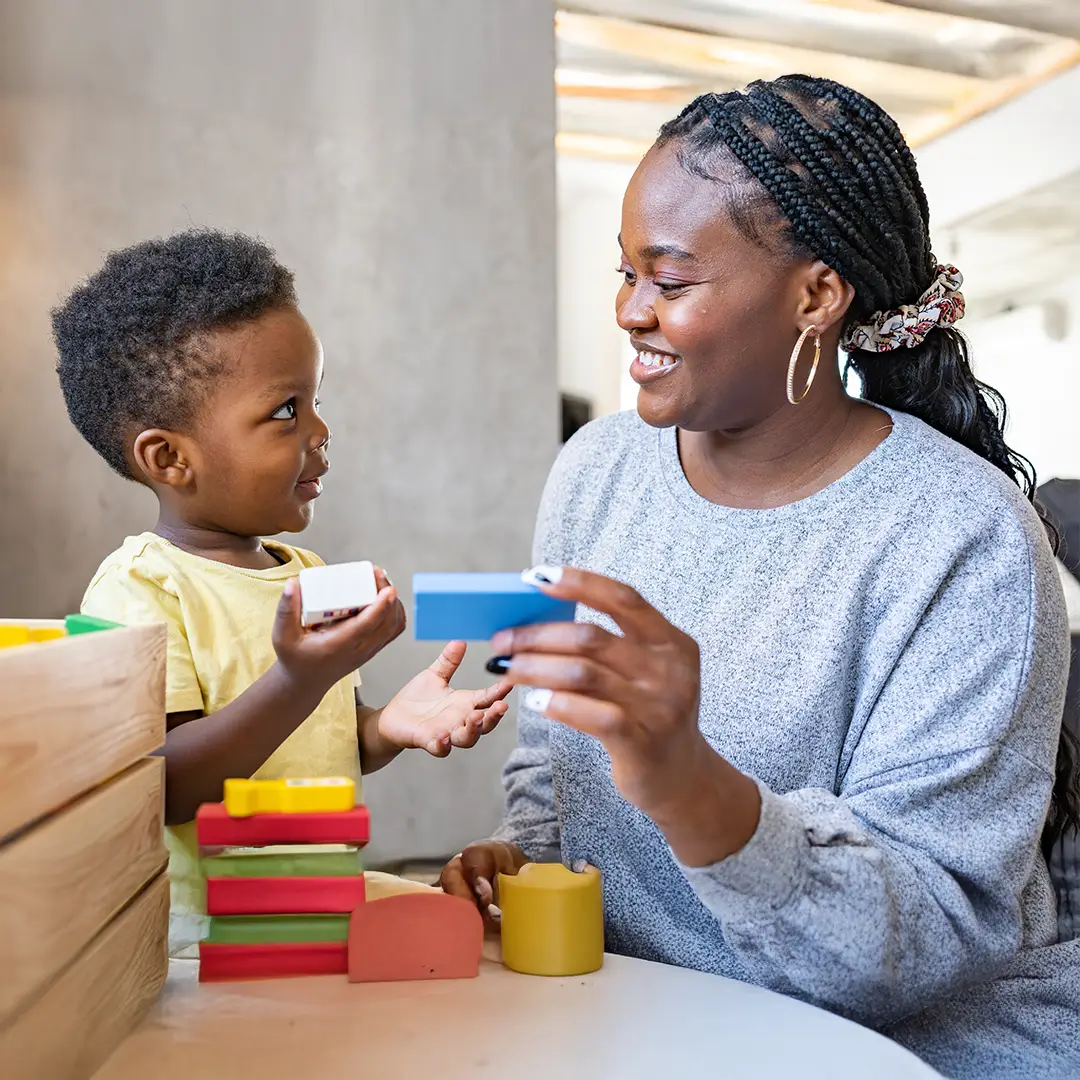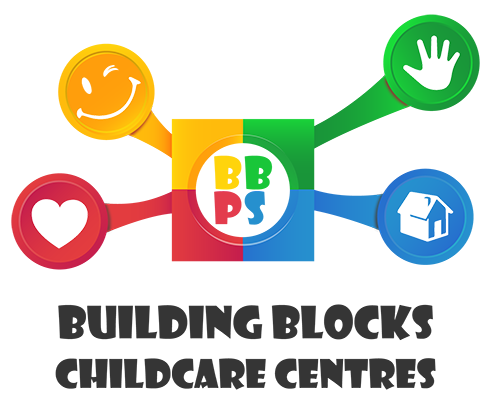Love
The program will use child led and teacher supervised activities that promote positive mental, emotional, physical and spiritual health by focusing on the individual childs’ strengths and interests, asking questions about their feelings and listen and show empathy for their feelings.
This will help to develop nurturing relationships, provide a safe and positive environment, and help to build children’s confidence.
The educators will consider the different brain/cognitive development of each child in their class which will allow for daily considerations within their daily programming.
This nurtures children’s dispositions to learn, provide opportunities for play and playfulness and create a sense of well-being and belonging.

